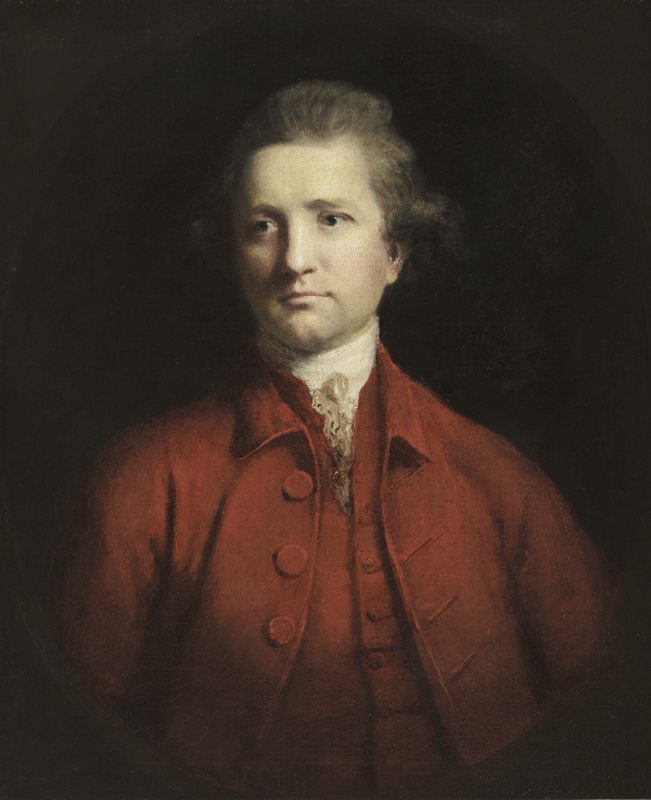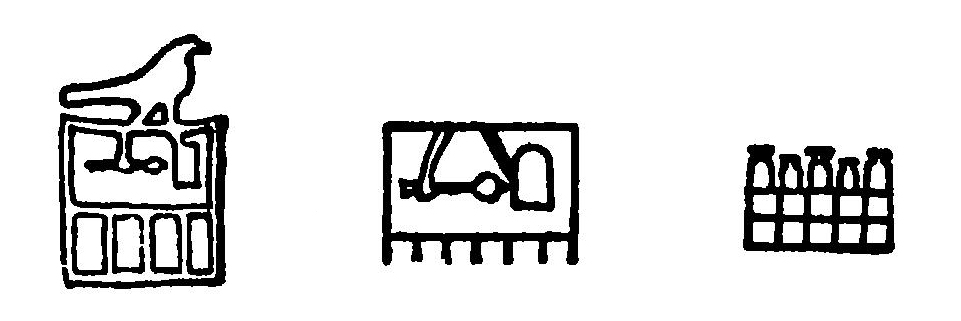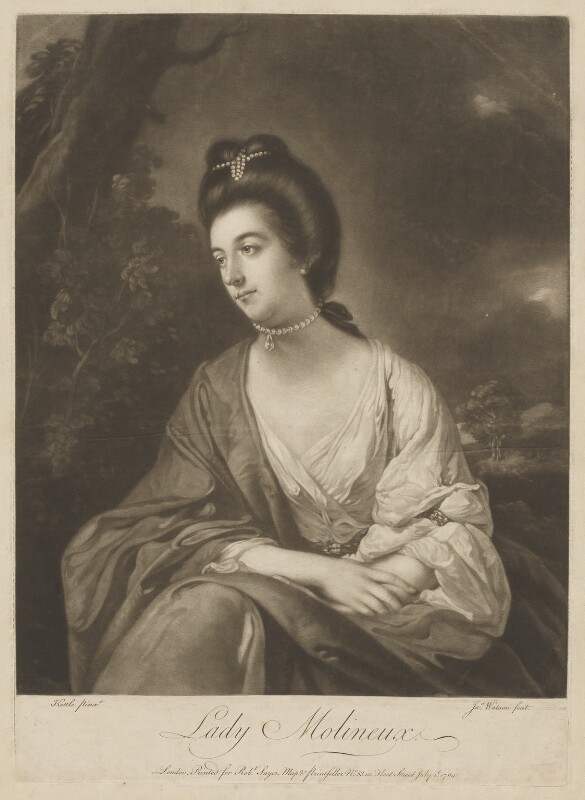|
Sethona
''Sethona'' is a 1774 tragedy by the British writer Alexander Dow.Nicoll p.257 It is set in Ancient Egypt at a time when Menes is heir to the crown. The original Drury Lane cast included Spranger Barry as Serapis, Samuel Reddish as Menes, Francis Aickin as Amasis, James Aickin as Orus, John Hayman Packer as Otanes and Ann Street Barry Ann Street Barry aka Ann Dancer later Ann Crawford (1734 – 29 November 1801), was a British singer, dancer and stage actress. Life Barry was born in Bath, England, to an apothecary named James Street. Her brother, William Street, later became ... as Sethona. References Bibliography * Nicoll, Allardyce. ''A History of English Drama 1660–1900: Volume III''. Cambridge University Press, 2009. * Hogan, C.B (ed.) ''The London Stage, 1660–1800: Volume V''. Southern Illinois University Press, 1968. External link [...More Info...] [...Related Items...] OR: [Wikipedia] [Google] [Baidu] |
Alexander Dow
Alexander Dow (1735/6, Perthshire, Scotland – 31 July 1779, Bhagalpur) was a Scottish Orientalist, writer, playwright and army officer in the East India Company. Life He was a native of Crieff, Perthshire. Alexander Dow's father worked at the Customs at Dunbar. The younger Dow was educated in Dunbar for a time, and, in conjunction with his father's job, this would suggest that he lived in the area for a time. Dow was in the process of being educated for a mercantile career in Eyemouth, when he abruptly left aboard the ''King of Prussia'' as a midshipman. The reason for this turn of events is not known, but one reason posited for this was that he was involved in a fatal duel. Dow then worked his way to Bencoolen. There he became secretary to the Governor, and was commended to the patronage of the officials of the East India Company at Calcutta. He joined the army there as an ensign in the Bengal infantry on 14 September 1760, and was rapidly promoted lieutenant on 23 August 1 ... [...More Info...] [...Related Items...] OR: [Wikipedia] [Google] [Baidu] |
Menes
Menes (fl. c. 3200–3000 BC; ; egy, mnj, probably pronounced *; grc, Μήνης) was a pharaoh of the Early Dynastic Period of ancient Egypt credited by classical tradition with having united Upper and Lower Egypt and as the founder of the First Dynasty. The identity of Menes is the subject of ongoing debate, although mainstream Egyptological consensus identifies Menes with the Naqada III ruler Narmer or First Dynasty pharaoh Hor-Aha. Both pharaohs are credited with the unification of Egypt to different degrees by various authorities. Name and identity The commonly-used name ''Menes'' derives from Manetho, an Egyptian historian and priest who lived during the Ptolemaic Kingdom. Manetho noted the name in Greek as Μήνης ( transliterated: ''Mênês'').Manetho, Fr. 6, 7a, 7b. Text and translation in ''Manetho'', translated by W.G. Waddell (Cambridge: Harvard University, 1940), pp.26–35 An alternative Greek form, Μιν (transliterated: ''Min''), was cited by the fif ... [...More Info...] [...Related Items...] OR: [Wikipedia] [Google] [Baidu] |
Ann Street Barry
Ann Street Barry aka Ann Dancer later Ann Crawford (1734 – 29 November 1801), was a British singer, dancer and stage actress. Life Barry was born in Bath, England, to an apothecary named James Street. Her brother, William Street, later became the Mayor of Bath in 1784 and died in office. She began her acting career with her first husband, William Dancer, with her first known performance in 1758 as Cordelia in King Lear. Lear was played by Spranger Barry in the same play and the two began an affair. Barry's then-husband William Dancer died in 1759, allowing the couple to continue their relationship and later marry in 1768. In 1759 she appeared in Dublin, where she played a number of leading roles to limited success. At some point during the following nine years, she moved to London with Spranger Barry and performed at Drury Lane. Her performances at Drury Lane were well received and raised her reputation as an actress. Barry left Drury Lane for Covent Garden, where she contin ... [...More Info...] [...Related Items...] OR: [Wikipedia] [Google] [Baidu] |
John Hayman Packer
John Hayman Packer (12 March 1730 – 16 September 1806) was an actor for David Garrick's company at Drury Lane. Originally a saddler, he created the character Freeman in James Townley's ''High Life Below Stairs'' (1759). His parts were usually minor and, late in life, "as a rule"Hughes 2008. old men in tragedies and sentimental comedies. Selected roles * Freeman in ''High Life Below Stairs'' by James Townley (1759) * Lucius in '' The Siege of Aquileia'' by John Home (1760) * Don Roderigo in ''Elvira'' by David Mallet (1763) * Sir John Lambert in '' The Hypocrite'' by Isaac Bickerstaffe (1768) * Aunac in '' Zingis'' by Alexander Dow (1768) * Zopiron in ''Zenobia'' by Arthur Murphy (1768) * Greek Herald in ''The Grecian Daughter'' by Arthur Murphy (1772) * Otanes in ''Sethona'' by Alexander Dow (1774) * Ramirez in '' Braganza'' by Robert Jephson (1775) * Rinaldo in '' The Law of Lombardy'' by Robert Jephson (1779) * Ali in ''The Fair Circassian'' by Samuel Jackson Pratt (1 ... [...More Info...] [...Related Items...] OR: [Wikipedia] [Google] [Baidu] |
Theatre Royal, Drury Lane
The Theatre Royal, Drury Lane, commonly known as Drury Lane, is a West End theatre and Grade I listed building in Covent Garden, London, England. The building faces Catherine Street (earlier named Bridges or Brydges Street) and backs onto Drury Lane. The building is the most recent in a line of four theatres which were built at the same location, the earliest of which dated back to 1663, making it the oldest theatre site in London still in use. According to the author Peter Thomson, for its first two centuries, Drury Lane could "reasonably have claimed to be London's leading theatre". For most of that time, it was one of a handful of patent theatres, granted monopoly rights to the production of "legitimate" drama in London (meaning spoken plays, rather than opera, dance, concerts, or plays with music). The first theatre on the site was built at the behest of Thomas Killigrew in the early 1660s, when theatres were allowed to reopen during the English Restoration. Initiall ... [...More Info...] [...Related Items...] OR: [Wikipedia] [Google] [Baidu] |
London
London is the capital and List of urban areas in the United Kingdom, largest city of England and the United Kingdom, with a population of just under 9 million. It stands on the River Thames in south-east England at the head of a estuary down to the North Sea, and has been a major settlement for two millennia. The City of London, its ancient core and financial centre, was founded by the Roman Empire, Romans as ''Londinium'' and retains its medieval boundaries.See also: Independent city#National capitals, Independent city § National capitals The City of Westminster, to the west of the City of London, has for centuries hosted the national Government of the United Kingdom, government and Parliament of the United Kingdom, parliament. Since the 19th century, the name "London" has also referred to the metropolis around this core, historically split between the Counties of England, counties of Middlesex, Essex, Surrey, Kent, and Hertfordshire, which largely comprises Greater London ... [...More Info...] [...Related Items...] OR: [Wikipedia] [Google] [Baidu] |
Tragedy
Tragedy (from the grc-gre, τραγῳδία, ''tragōidia'', ''tragōidia'') is a genre of drama based on human suffering and, mainly, the terrible or sorrowful events that befall a main character. Traditionally, the intention of tragedy is to invoke an accompanying catharsis, or a "pain hatawakens pleasure", for the audience. While many cultures have developed forms that provoke this paradoxical response, the term ''tragedy'' often refers to a specific tradition of drama that has played a unique and important role historically in the self-definition of Western civilization. That tradition has been multiple and discontinuous, yet the term has often been used to invoke a powerful effect of cultural identity and historical continuity—"the Greeks and the Elizabethans, in one cultural form; Hellenes and Christians, in a common activity," as Raymond Williams puts it. From its origins in the theatre of ancient Greece 2500 years ago, from which there survives only a fra ... [...More Info...] [...Related Items...] OR: [Wikipedia] [Google] [Baidu] |
Spranger Barry
Spranger Barry (23 November 1719 – 10 January 1777) was an Irish actor. Life He was born in Skinner's Row, Dublin, the son of a silversmith, to whose business he was brought up. He took over the business but was not successful. His first appearance on the stage was at the Theatre Royal, Smock Alley, Dublin, on 5 February 1744, and his engagement at once increased its prosperity. His first London appearance was made in 1746 as Othello at the Theatre Royal, Drury Lane. Here his talents were speedily recognized, and in ''Hamlet'' and '' Macbeth'' he alternated with David Garrick, arousing the latter's jealousy by his success as Romeo Romeo Montague () is the male protagonist of William Shakespeare's tragedy ''Romeo and Juliet''. The son of Lord Montague and his wife, Lady Montague, he secretly loves and marries Juliet, a member of the rival House of Capulet, through a priest .... This resulted in his leaving Drury Lane for the Covent Garden Theatre in 1750, accompan ... [...More Info...] [...Related Items...] OR: [Wikipedia] [Google] [Baidu] |
Samuel Reddish
Samuel Reddish (1735–1785) was a theatre manager and an actor in England. He made a reputation with Mossop's company in Smock Alley, Dublin in the seasons of 1761-2 and appeared at Drury Lane, London, 1767, where he remained during ten seasons; acted at Covent Garden, London, 1778, but lost his reason, 1779; he died a lunatic at York asylum on 31 December 1785. References 1735 births 1785 deaths 18th-century English male actors English male stage actors 18th-century British male actors {{England-bio-stub ... [...More Info...] [...Related Items...] OR: [Wikipedia] [Google] [Baidu] |
Francis Aickin
Francis Aickin (died 1805), was an Irish actor, who worked at the Edinburgh Theatre in Scotland, and the between 1765 and 1792 in theatres in the West End of London. Francis Aickin first appeared in London in 1765 as Dick Amlet in John Vanbrugh's '' The Confederacy'' at Drury Lane. He acted there, and at Covent Garden, until 1792. His repertory consisted of over eighty characters, and among his best parts were the Ghost in ''Hamlet'' and Jaques in ''As You Like It''. His success in impassioned declamatory roles obtained for him the nickname of "Tyrant". Biography Francis Aickin was born in Dublin and brought up to the trade of his father, a weaver in that city; but, following the example of his younger brother, James Aickin, he became a strolling player. Having appeared as George Barnwell and sustained other characters in various country towns, he joined the manager of the Smock Alley Theatre, Dublin. Aickin the shared the management of the Edinburgh Theatre in Scotland' ... [...More Info...] [...Related Items...] OR: [Wikipedia] [Google] [Baidu] |
James Aickin
James Aickin (died 1803), was an Irish stage actor who worked at the Edinburgh Theatre in Scotland and in theatres in the West End of London. He was the younger brother of the actor Francis Aickin (died 1803) with whom he shared the stage at the Edinburgh Theatre before he gave offence to his public by his protest against the discharge of a fellow-actor. He therefore went to London, and from 1767 to 1800 was a member of the Drury Lane Company and for some years a deputy manager. He quarrelled with John Philip Kemble, with whom, in 1792, he fought a bloodless duel. Biography James Aickin was the younger brother of actor Francis Aickin, and like him brought up to be a weaver. After joining a company strolling through Ireland, and gaining some experience of the stage, he embarked for Scotland, and presently accepted an engagement to appear at the Edinburgh Theatre. He was very favourably received, and gradually, from his merit as an actor and his sensible deportment in private ... [...More Info...] [...Related Items...] OR: [Wikipedia] [Google] [Baidu] |






